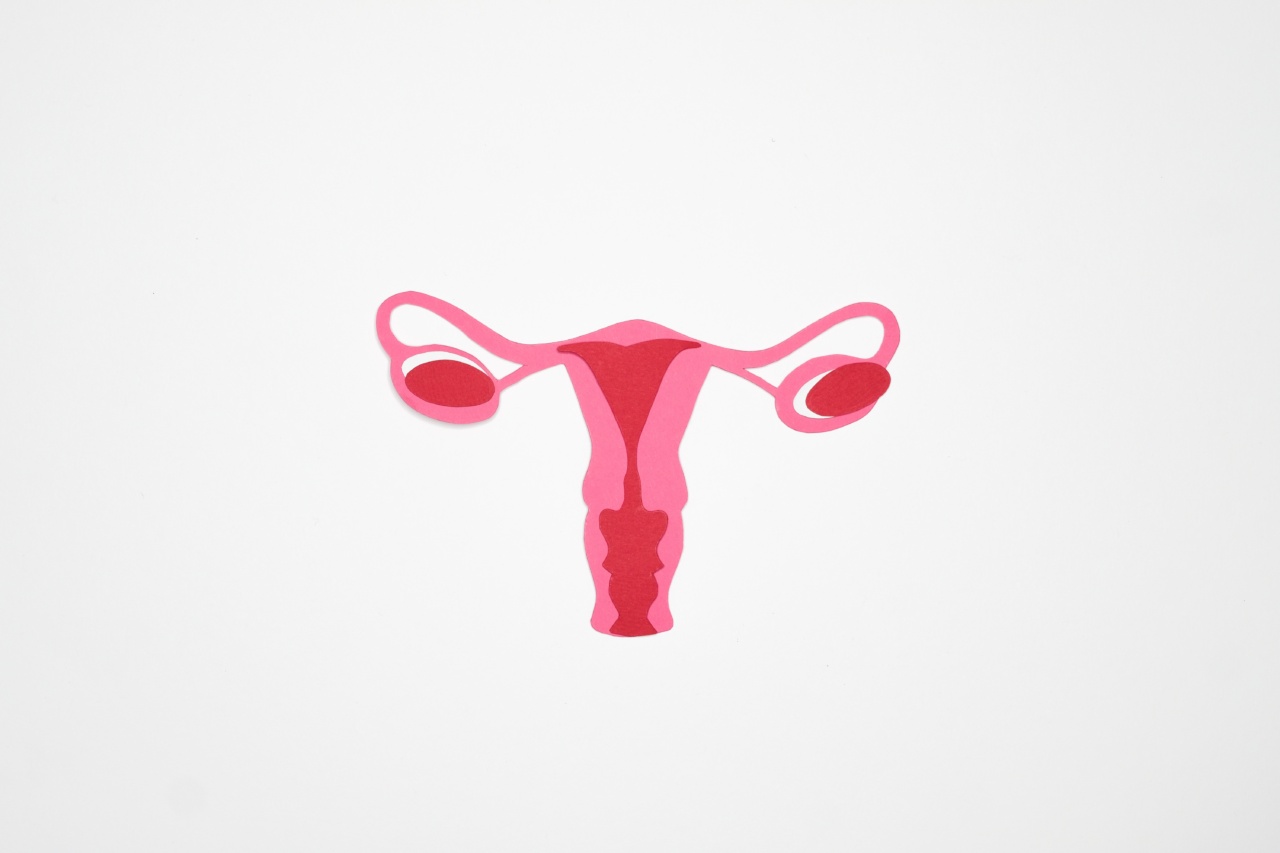Cystic fibrosis (CF) is a genetic disorder that affects various organs in the body, including the lungs, pancreas, and digestive system.
It is caused by mutations in the cystic fibrosis transmembrane conductance regulator (CFTR) gene, which encodes a protein that helps transport salt and water in and out of cells. People with CF can experience severe respiratory complications, digestive problems, and other health issues throughout their lives.
CF and Fertility
One of the lesser-known complications of CF is its impact on reproductive health. Both males and females with CF can experience fertility problems and other issues related to their reproductive systems.
Male Fertility and CF
Men with CF may have difficulty with fertility due to a blockage in the vas deferens, the tube that carries sperm from the testes to the urethra.
This blockage is caused by a buildup of thick mucus in the tubes, which can prevent sperm from being ejaculated. As a result, men with CF may have a reduced sperm count or even be sterile.
However, it’s important to note that not all men with CF experience infertility or have a complete blockage of the vas deferens.
In some cases, sperm may be able to be retrieved through surgical procedures and used for assisted reproductive techniques such as in vitro fertilization (IVF).
Female Fertility and CF
Women with CF can also experience fertility problems. Thick mucus in the reproductive tract can make it difficult for sperm to reach the egg, and hormonal imbalances related to CF can also affect ovulation and menstrual cycles.
Additionally, women with CF may be at a higher risk for pregnancy complications such as preterm labor, gestational diabetes, and preeclampsia.
Close monitoring and management of these conditions is essential to ensure the health and safety of both the mother and baby.
Managing CF and Reproductive Health
Effective management of CF is crucial for maintaining reproductive health and addressing fertility problems.
Regular visits with healthcare providers, including specialists in CF and reproductive medicine, can help identify and treat any issues as early as possible.
For men with CF who are experiencing infertility, surgical options such as sperm retrieval and IVF may be considered.
Additionally, medications and other treatments may be used to help manage hormonal imbalances or other underlying conditions that may affect fertility.
For women with CF who are planning to get pregnant, careful monitoring of respiratory and other health issues is essential. Close coordination with a healthcare provider throughout the pregnancy can help identify and manage any potential complications.
Conclusion
Cystic fibrosis can have a significant impact on reproductive health, affecting both males and females in a variety of ways. However, with proper management and treatment, many of these complications can be addressed and overcome.
If you or a loved one has CF and is concerned about fertility or other reproductive health issues, it’s important to discuss your concerns with a healthcare provider and seek out specialized care as needed.





























